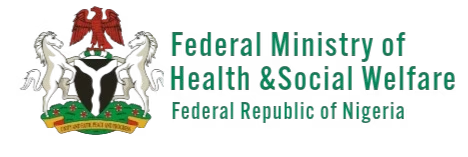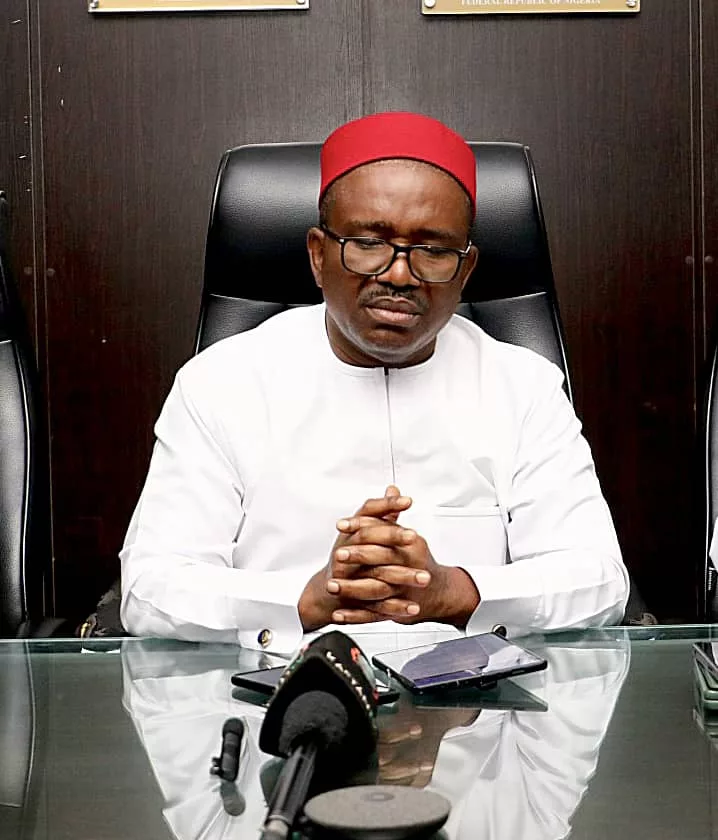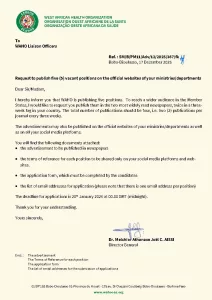The Federal Government of Nigeria, through the Federal Ministry of Health and Social Welfare, has launched a nationwide hepatitis elimination campaign tagged “Project 365” to tackle the country’s overwhelming hepatitis B and C burden and move towards elimination by 2030.
The initiative was officially announced during a ministerial press briefing to commemorate World Hepatitis Day 2025, themed “Hepatitis: Let’s Break It Down,” held at the ministry’s headquarters in Abuja on Monday.
In his keynote address, the Coordinating Minister of Health and Social Welfare, Professor Muhammad Ali Pate, revealed that over 20 million Nigerians are currently living with hepatitis B and C infections, 18.2 million with hepatitis B and 2.5 million with hepatitis C.
The coordinating minister who was represented by Dr. Godwin Ntadom, Director Public Health Department of the ministry, said: “Over 90% of those infected remain undiagnosed and unknowingly transmit the virus, which is often mistaken for malaria. This contributes to a staggering 4,252 annual deaths from liver cancer and results in economic losses estimated between ₦13.3 trillion and ₦17.9 trillion annually,”
He warned that the disease, though preventable and treatable, continues to silently ravage communities due to low awareness, stigma, and limited access to testing and treatment.
Announcing a bold and transformative steps initiated for implementation by the Federal Ministry of Health & Social Welfare;
Prof. Pate unveiled Project 365, a year-round national program to boost screening, diagnosis, vaccination, and treatment, particularly in rural and underserved communities.
The project will operate alongside ongoing efforts to eliminate mother-to-child transmission of HIV, viral hepatitis, and STIs, through integrated public health systems.
In driving Systemic Change to support the hepatitis elimination agenda, Professor Pate also announced structural reforms and financial commitments, including:
The establishment of a Viral Elimination Fund (VEF)
Increased budgetary support for hepatitis programming
Tax incentives and regulatory reforms to encourage local vaccine and drug manufacturing
Legislative support for expanding diagnostic and treatment services
“These steps are crucial to make hepatitis medications more affordable and accessible while laying the groundwork for sustainable local pharmaceutical manufacturing” he noted.
Professor Pate with a passionate call to action: “Nigeria can no longer bear the label of having the third-highest hepatitis burden globally. We have the science, the strategy, and now the will. We will act, boldly and with urgency, for a Nigeria free from the burden of viral hepatitis.”
Speaking on awareness and sensitization, the Director and National Coordinator of the National AIDS/HIV, Viral Hepatitis and STIs Control Programme (NASCP), Dr. Adebobola Bashorun said the campaign will use community-led approaches, including:
Mass testing across communities
Vaccination for hepatitis B-negative individuals
Treatment rollout for hepatitis C cases
Advocacy on prevention methods like safe sex and hygiene
Partnerships with state governments, media, and religious leaders
Dr. Bashorun emphasized the need for adults above 21, who may have missed vaccination under Nigeria’s 2004 hepatitis B birth-dose policy, to get tested and vaccinated if negative.
Speaking on the theme, Breaking the Silence, Saving Lives:“Hepatitis: Let’s Break It Down,”, Dr. Bashorun said it is a call for breaking social and structural barriers to lifesaving services with implementation of a national framework aligned with SDG 3 and the Global Health Sector Strategy on Hepatitis.
The representative of the Director-General of the National Orientation Agency (NOA), Mrs. Adaugo Ngwu pledged that NOA will partner with the Ministry and civil society organisations to take the hepatitis message to the grassroots.
“As the citizen engagement arm of the government, we are mandated to enlighten the people. We will support this effort by ensuring people understand the importance of testing, vaccination, and treatment,” she asserted.
International development partners, including the World Health Organization (WHO) and the Government of Chai, expressed strong support for Nigeria’s renewed commitment.
A WHO representative, Dr. Mya Sapal Ngon praised the Nigerian government for prioritizing hepatitis and integrating services into broader platforms like HIV and maternal health clinics.
“We commend the focus on increasing domestic financing, reducing stigma, and promoting treatment access. Together, we can bring hepatitis down,” WHO stated.
The representative of CHAI, Mr. Chukwuemeka Agwuocha also acknowledged Nigeria’s leadership, citing the country’s adoption of a public health model that integrates hepatitis services into existing health systems and community platforms.
With Project 365, Nigeria signals its intent to eliminate hepatitis as a public health threat, ensuring that access to care, protection, and dignity is not a privilege but a right for all.
Alaba Balogun
Information & Public Relations
28 July 2025





